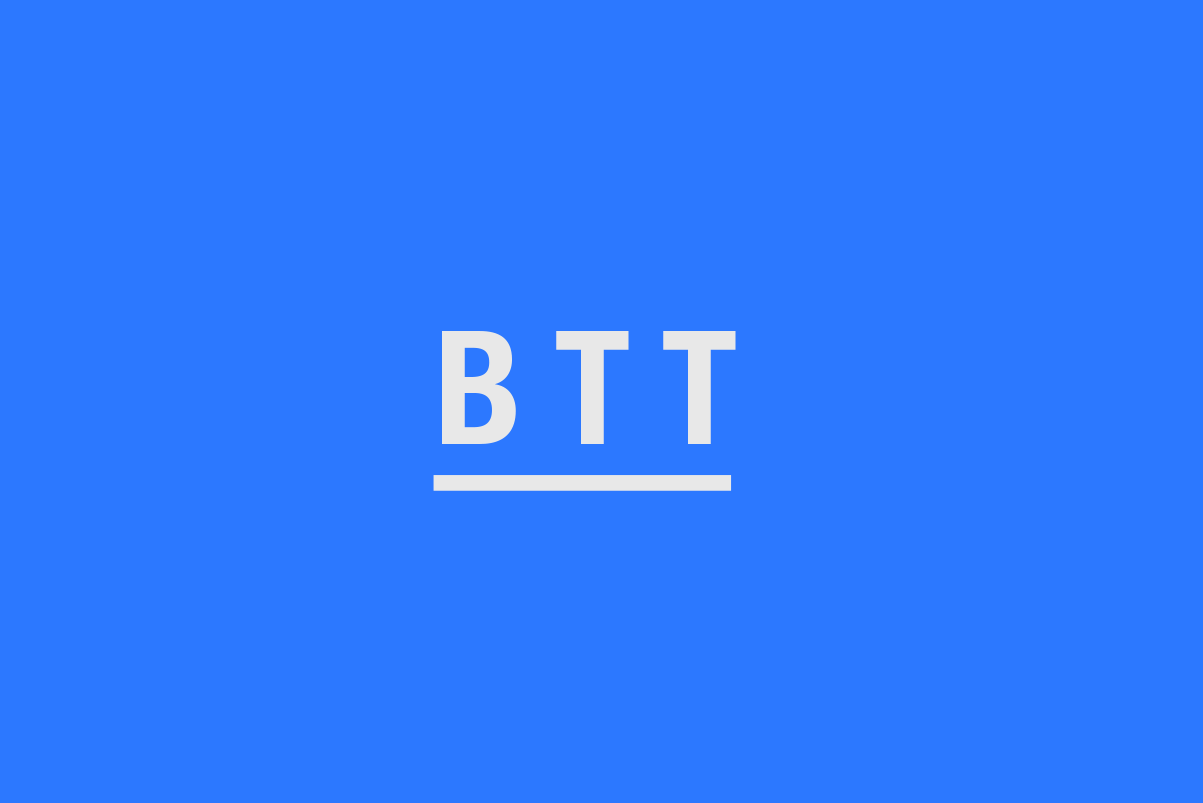“Whatever you do, don’t contain your rage. That’s how we end up hurting and sabotaging ourselves. As Dr. Melfi, Tony Soprano’s wise shrink, observed, ‘Depression is anger turned inward.’ Suppressed rage can also lead to physical ills, like high blood pressure and heart attacks. Even worse, it leaves the world’s depravity untouched.”
For this issue of Better Think Tanking, we – Sofie and Emma – are taking over: two young think tankers (think German, French, American all in a mix), pondering how the world works and what needs to change. We are full of rage and tiredness about the ongoing realities of discrimination in our societies and want to use this space to express instead of swallow it.
Mental Health Beyond What You See
Four-time Grand Slam champion Naomi Osaka recently made headlines when she withdrew from the French Open citing her depression and social anxiety. What many comments revealed: there is still a considerable element of disbelief when widely successful people reveal mental health issues. But everyone can be affected: excelling at work, keeping up with deadlines, cracking jokes in group meetings, or winning sports tournaments does not preclude suffering in private. It’s called high-functioning depression or anxiety. If someone voices their need for a break, especially in high-pressure and mentally demanding environments, respect it. It doesn’t make Naomi any less of an awesome tennis player or anyone a bad researcher.
What About Gendered Disinformation?
Disinformation ranks high on national security agendas, but how it affects women* specifically is often overlooked. Gendered disinformation is the spread of inaccurate or deceptive information and/or images against women* leaders, politicians, activists, journalists to discredit, silence, and even push them out of the political space. Disinformation is used to distort public opinion of female political candidates and their track records in the US, Germany, UK, and Finland to name just a few.
Gendered disinformation is not new: it draws from historically embedded misogynist attitudes and stereotypes - and lucrative social media platforms have enabled it to thrive. Initiatives to increase online transparency and accountability in the EU and the US are good first steps that need expanding. Everyone can contribute to fighting gendered disinformation, starting with educating yourself about women* leaders and their journeys, so the next time you come across wrong information you can detect it.
Gaslighting: Much More Than a Buzzword
Gaslighting means undermining the lived experiences and emotions of others with the effect that they start doubting their perception of reality. It usually occurs in power dynamics, which is largely why it works: the power imbalance makes it difficult to disagree. Originally describing abuse in personal relationships, researchers recognize gaslighting exists beyond the private space and has structural dimensions. Gaslighting makes those who face racism, sexism, or other systems of discrimination feel like they are responsible for those experiences - hitting those who already struggle the hardest.
Even though gaslighting often isn’t ill-intended, it has serious consequences. Prime day-to-day examples to avoid:
“Maybe you just need to grow a thicker skin.”
“Why are you making such a big deal out of it?”
“Sorry if this may make you uncomfortable, we always do things this way.”
“Hey, that was just a joke! Come on, you can take a joke.”
Building Allyship Among Women*
Raising gender-related issues in the workplace (especially as young staff) can be hard. Following an outburst of rage and tiredness about life in the patriarchy at a team meeting earlier this year, we (Emma and Sofie) decided to take the conversation further at a picnic with our women* colleagues. The idea behind a women*-only gathering? Exclusivity “isn’t the point”, but to open a dedicated space for women* to share personal experiences and advice on how we can be better allies. Some takeaways:
Sharing experiences of gaslighting, imposter syndrome, sexist and/or uncomfortable situations with clients, colleagues, or superiors can be enormously validating but also emotionally draining. Make sure to facilitate meetings in a way that is sensitive to people’s needs.
Action points can be small and manageable: a commitment to share takeaways with wider staff, women* staff dinners (once we can), or a negotiation skills training (women are often discouraged from asking for their worth), …
Toxic career advice is a thing. Most women*, no matter the job title, have a list. A living document with best/worst pieces of advice for women* navigating the professional world might help fight it.
What We Are Thinking About
Baking against rage and tiredness or…


Like What You Read?
Tell us about it - even if you didn’t. Forward this newsletter to a friend, tweet it, and help us inspire more people.
A big thank you to Theresa and Sarah for lending us this platform to share our thoughts and to our fellow feminist picnickers for sharing theirs. Special thanks also to Marie for pointing us to some cool women* leaders.
Emma & Sofie



